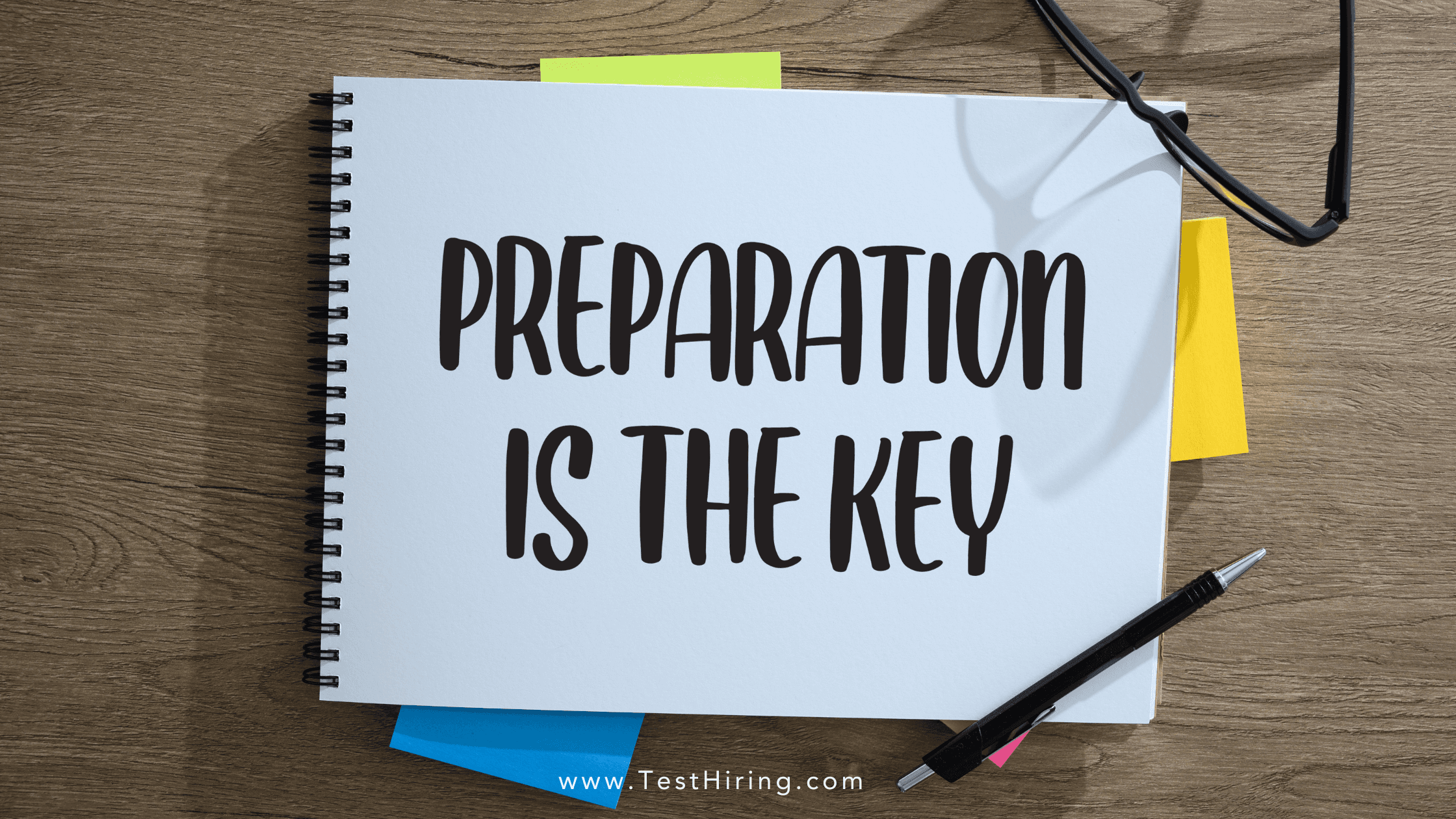With the rise of remote work, companies are no longer limited by geography when searching for talent. However, hiring for remote teams presents unique challenges, especially when assessing a candidate’s skills without the advantage of in-person interactions. To build a strong remote team, it’s crucial to evaluate both technical expertise and the ability to thrive in a virtual work environment. Here’s how you can effectively assess skills during the remote hiring process.
1. Clearly Define the Role Requirements
Before you start interviewing, ensure you have a clear understanding of the skills needed for the role. Remote work often requires additional competencies beyond the typical job description. These include:
Technical Skills: Proficiency in the required software, tools, or programming languages.
Soft Skills: Communication, self-motivation, time management, and adaptability are critical for remote roles.
Remote Work Competencies: Comfort with virtual collaboration tools (e.g., Zoom, Slack) and the ability to work independently without direct supervision.
Be explicit about these requirements in the job posting to attract candidates who are well-suited for a remote setup.
2. Use Skills Assessments and Tests
For roles that require specific technical skills, consider incorporating practical tests and assessments early in the hiring process. These tests help gauge a candidate’s proficiency and problem-solving abilities in real-world scenarios. Here are some options:
Coding Challenges for software developers.
Case Studies for project managers or consultants to demonstrate critical thinking.
Writing Samples for roles in content creation or communication.
Using online tools like HackerRank, Codility, or TestGorilla can streamline the process and provide objective data on a candidate’s capabilities.
3. Conduct Structured Remote Interviews
Remote interviews are different from traditional face-to-face meetings and require a thoughtful approach. Here’s how to make the most of them:
Video Interviews: Use platforms like Zoom or Microsoft Teams for face-to-face interactions. Pay attention to the candidate’s communication skills and how they handle the virtual setting.
Behavioral Questions: Ask about past experiences with remote work, how they manage time, and how they handle communication challenges. Examples include: “Can you describe a time when you had to resolve a conflict in a virtual team?” or “How do you prioritize tasks when working remotely?”
Task-Based Interviews: Give the candidate a small project or task related to the role. This can showcase their technical skills and demonstrate how they approach work in a remote setting.
4. Evaluate Communication Skills
Effective communication is the backbone of successful remote teams. When hiring, focus on assessing both verbal and written communication skills:
Email and Messaging: Pay attention to how candidates communicate in emails or messages during the application process. Clear, concise, and professional writing is essential for remote collaboration.
Clarity in Video Calls: During interviews, observe whether the candidate can articulate their thoughts clearly. Strong virtual communication skills indicate that they will likely be effective in remote team meetings and client calls.
5. Assess Cultural Fit and Remote Work Mindset
Cultural fit and adaptability are critical when building a cohesive remote team. Candidates should not only have the necessary skills but also align with your company’s values and thrive in a remote work environment. Here’s how to assess this:
Work Style Preferences: Ask about their preferred work environment, how they handle feedback, and their approach to collaboration in remote settings.
Remote Work Challenges: Inquire about any challenges they have faced while working remotely and how they overcame them. This will give you insight into their problem-solving abilities and resilience.
Team Alignment: Consider having the candidate meet with potential team members in a group video call to gauge how well they interact and fit within the team dynamic.
6. Utilize Trial Projects
A great way to assess a candidate’s skills and fit is through a trial project. This can be a short, paid assignment that mirrors real tasks they would handle in the role. It allows you to evaluate:
Quality of Work: Does the candidate meet your standards and expectations?
Ability to Meet Deadlines: Can they manage their time effectively in a remote setting?
Communication: How well do they update you on progress and ask for clarification if needed?
Trial projects provide a realistic view of how the candidate would perform in the actual job.
7. Check References with a Remote Focus
Reference checks remain an essential part of the hiring process, especially for remote roles. When contacting previous employers, ask specific questions about the candidate’s experience with remote work, such as:
“How well did they manage their time and meet deadlines while working remotely?”
“Can you describe their communication style when collaborating virtually?”
“Were they proactive in solving problems and seeking feedback when working independently?”
This feedback can give you valuable insights into how the candidate may perform in your remote team.
Conclusion
Hiring for remote teams requires a comprehensive approach to skill assessment. While technical expertise is important, the ability to work effectively in a remote environment is just as critical. By clearly defining role requirements, using skills assessments, focusing on communication, and incorporating trial projects, you can identify candidates who not only have the necessary skills but are also well-suited for remote work.
Building a strong remote team is about finding the right balance of hard and soft skills, along with a mindset geared towards independent and effective virtual collaboration. With the right assessment strategies, you can ensure your remote hires are set up for success from day one.
Remember: In remote hiring, it’s not just about what a candidate can do—it’s also about how they do it in a virtual workspace.




